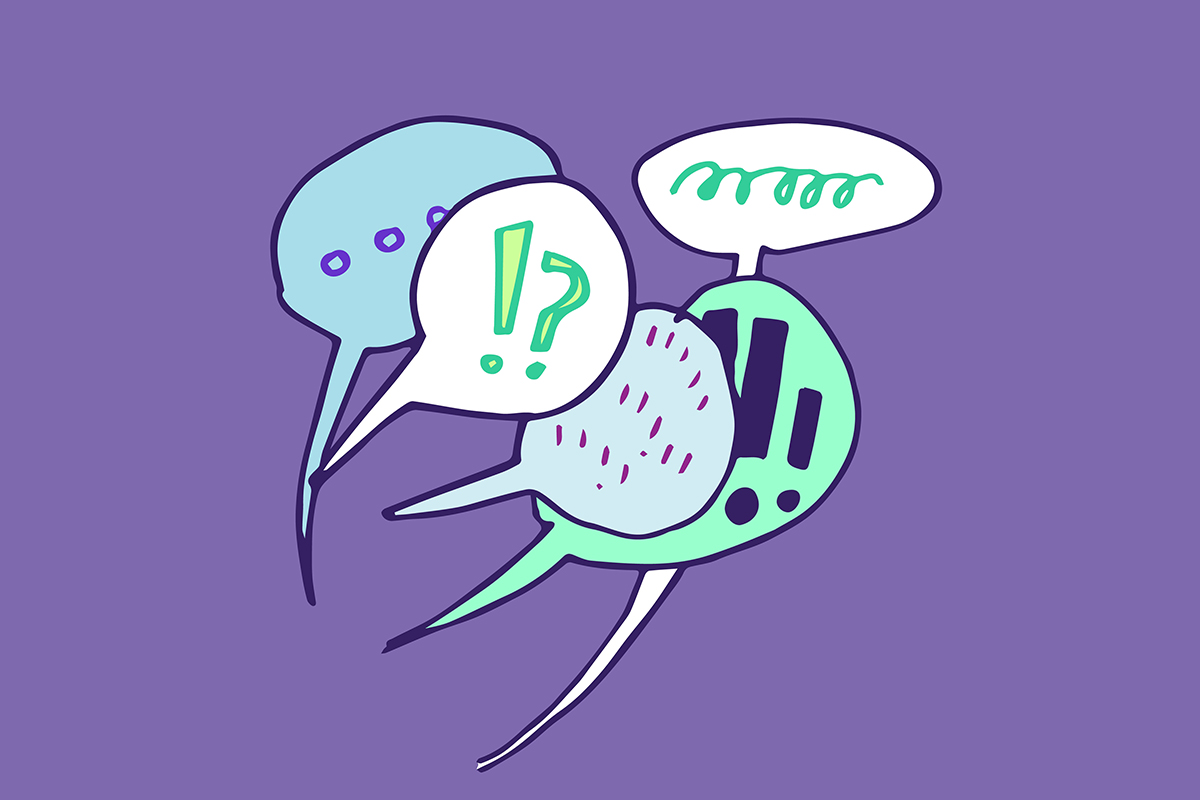It’s hard for Jews to speak ill of other Jews. In English, at least, it’s not just that we’re commanded never to curse a fellow Jew — it’s because we have so few words left to do so.
All the best pejoratives and metaphors have been tainted by antisemitism. Gentiles have spent so long comparing us to every conceivable loathsome thing that now we cannot describe an individual Jew as a vampire, a reptile, a leech. To do so would imply not that he is a noxious individual, but that he is a noxious individual because he is a Jew.
Thus it becomes nearly impossible to discuss the actions of immoral Jews without echoing language that has been used to dehumanize all of us.
It’s a good thing, then, that Yiddish has so vast a treasury of curses. Not every language has a tradition of formulaic curses, but Yiddish is blessed with a whole genre of them, called klole.
Other Jewish languages also offer choice curses (Ladino: Ama kien save si vas a eskapar el anyo, “Who knows if you will finish a year?”; Judeo-Arabic: Thu-qut-I-un-uk, “May your eyeball burst”). But Yiddish curses are perhaps best known, in part because of the eternally popular lists of Yiddish curses that make the rounds on the internet.
Yiddishists stress that not all of these would have been used in daily life. “Most of the more elaborate curses that you hear these days–either in Yiddish or in English translation–are quoted from books or old recordings, or have been passed along as jokes,” writes Yiddish scholar Michael Wex. But they remain beloved by modern Ashkenazim, perhaps because they offer us something we lost when we assimilated to English — a language of our own, full of words that had never been used to dehumanize us.
In times of stress, when we see fellow Jews committing the same crimes that were committed against our people, when we see fellow Jews colluding with our tormentors, standing with white supremacists, crafting racist policies, building ghettos and concentration camps, it is good to have words like these.
In no particular order, here are some of my favorites.
Yemakh shmoy ve-zikhroy: May his name and his memory be blotted out.
Khasene hobn zol er mit di malekh hamoves tokhter: He should marry the daughter of the Angel of Death.
Oyskrenkn zol er dus mames milakh: He should get so sick as to cough up his mother’s milk..
Oyf doktoyrim zol er dos avekgebn: He should give it all away to doctors.
Hindert hayzer zol er hobn, in yeder hoyz a hindert tsimern, in yeder tsimer tsvonsik betn un kadukhes zol im varfn fin eyn bet in der tsveyter: A hundred houses shall he have, in every house a hundred rooms and in every room 20 beds, and a delirious fever should drive him from bed to bed.
Vifl yor er iz gegangen af di fis zol er geyn af di hent: For as many years as he’s walked on his feet, he should walk on his hands.
Raykh zol er zayn un hobn tsvey oytos. Eyn oyto zol loyfn khapn far im a dokter, un der tsveyter zol loyfn moydie tsu zayn, az s’iz shoyn nokh alemen: He should be rich and have two cars. One car should rush to get him a doctor, and the other should rush to say it’s too late.
Krikhn zol er afn boykh: May he crawl on his belly.
Zol er krenken un gedenken: Let him suffer and remember.
A beyzer gzar zol er af dir kumen: May an evil decree come upon him.
A kleyn kind zol nokh im heysn: A young child should be named after him. (Ashkenazim don’t traditionally name babies after the living.)
Ruen zol er nisht afile in keyver: May he find no rest even in the grave.
Header image by Amanda Cassingham-Bardwell/iStock/Getty Images.



